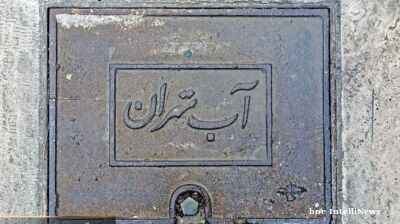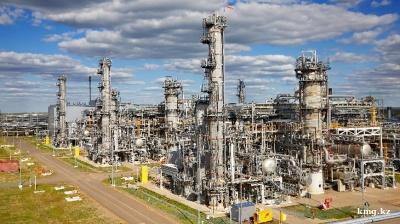Analysis shared with BBC Verify has revealed one of the worst methane leaks ever recorded, which occurred last year at a remote well in Kazakhstan.
The analysis estimated that 127,000 tonnes of methane escaped into the atmosphere when a blowout ignited a fire that burned for over six months. Methane, a potent greenhouse gas, is far more impactful than carbon dioxide in terms of its effect on global warming.
The company that owns the well, Buzachi Neft, has disputed the claim, denying a significant methane release. However, according to the US Environmental Protection Agency's Greenhouse Gas Equivalency Calculator, the environmental impact of such a leak is equivalent to the emissions from over 717,000 petrol cars driven for a year.
Manfredi Caltagirone, head of the UN's International Methane Emissions Observatory, described the scale and duration of the leak as exceptional and unusually large. The incident began on June 9, 2023, following a blowout during drilling at an exploration well in the Mangistau region of southwestern Kazakhstan, resulting in a fire that burned continuously until the end of the year. Control over the fire was finally achieved on 25 December, 2023, and efforts are under way to seal the well with cement, according to local authorities.
Methane, a colourless gas, can be identified by its unique fingerprint when sunlight interacts with it in the atmosphere, a phenomenon observable by certain satellites.
French geoanalytics firm Kayrros initially investigated the methane leak. Its conclusions were later verified by the Netherlands Institute for Space Research and the Polytechnic University of Valencia in Spain. Satellite data revealed high concentrations of methane on 115 occasions between June and December, leading scientists to estimate that 127,000 tonnes of methane escaped from the single well during this period.
bneGREEN

Kyrgyzstan says neighbours “upset” by country’s lack of water
“This year we were supposed to overcome shortages, but instead, they have intensified,” deputy head of cabinet tells Uzbekistan and Kazakhstan.

EXPLAINER: What is the EU’s CBAM and how will it affect global trade from 2026?
The European Union’s Carbon Border Adjustment Mechanism (CBAM) will enter its full operational phase on January 1, 2026, marking a major shift in global climate and trade policy.

Iran faces critical water crisis after driest year in five decades
Iran faces critical water crisis after driest year in five decades with 40% nationwide rainfall drop.

Global renewables to double by 2030, but IEA warns momentum must accelerate
Global renewable energy capacity is on course to double by 2030, reaching 4,600 GW—comparable to the current combined total of China, the European Union and Japan—according to the International Energy Agency’s Renewables 2025 report.




_seen_here_meeting_with_Congressman_Jimmy_Panetta_201025_Cropped_1760946356.jpg)